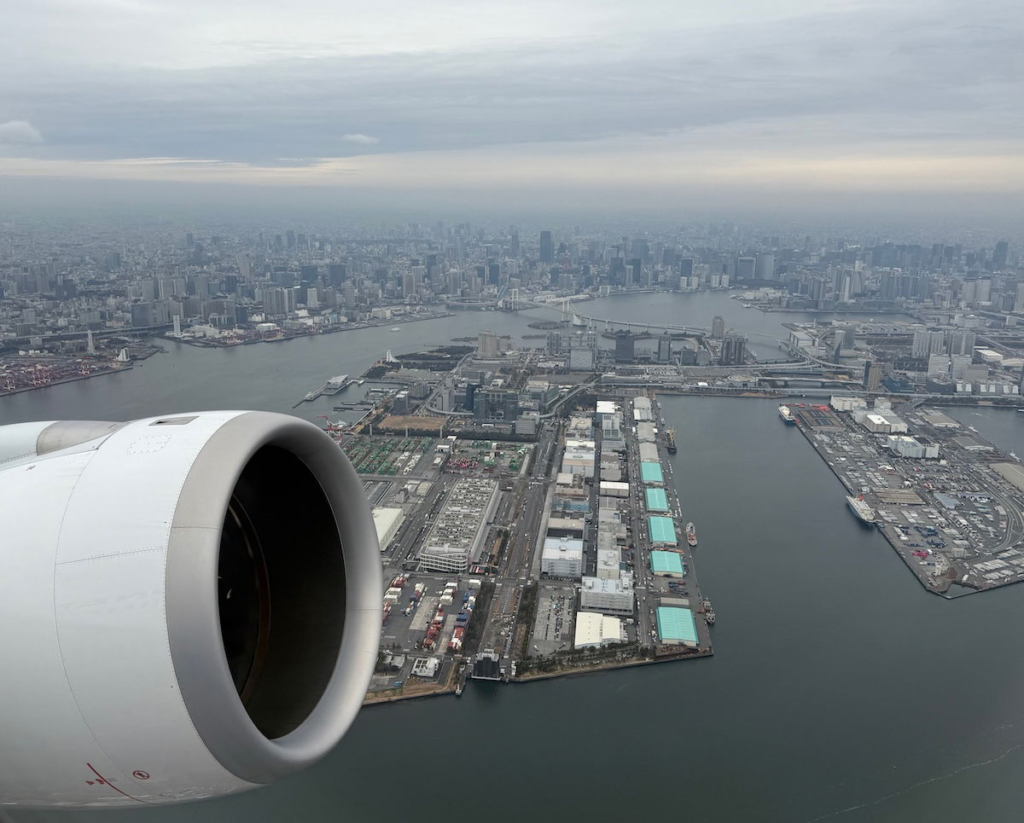One of the most common scams in the airline industry involves “bad actors” claiming to be representatives for an airline, pretending they can help you with flight changes, when really they’re just scammers trying to profit off of you and screw you over.
This whole concept recently went viral, when someone called United Airlines, only to get scammed for $17K. So, how does this scam actually work? I came across an interesting video which really exposes the whole concept, and it’s quite something.
Scammers try to get you to call the wrong airline phone number
This scam entirely involves situations where people try to call up the airline they booked with, only to end up talking to someone who isn’t in any way affiliated with the airline. You might be wondering how that could happen? Well, there are a few most common methods:
- The scammers buy up phone numbers that are very similar to official airline phone numbers; for example, while 800.864.8331 goes to United Airlines, 800.864.8321 goes to scammers (I just tried to call it, and now they keep trying to call me back — if only airlines were so persistent with their customer service!)
- The scammers will often reach out to frustrated passengers on social media, claiming they’re airline representatives who can provide customer support
- The scammers will often try to have their numbers show up when people search online for airline phone numbers
Regarding that last point, let me emphasize that you should only ever trust the phone numbers you see directly on airline websites, and not those you see in search results online, in the AI summaries, etc. All too often, the scammers manage to get those phone numbers changed, so that calls go to them.
The most common situation is that people will Google some sort of regional airline phone number (like “ITA Airways customer service phone number JFK,” or something), because it’s easier for scammers to get away with that. Airlines almost never have airport specific customer service phone numbers, for what it’s worth.
So, what happens when you’re connected to one of these scammers?
- They’ll either claim to work directly for the airline, or will claim that they work for all airlines, as a consolidator
- They’ll ask you for your confirmation number and name, and then they’ll actually pull up your reservation on the carrier’s website (as anyone can, with that information), to make it all seem more legit
- They’ll then offer to help you change your ticket, upgrade you, sell you ancillary services, etc., as they want to drive up your total due as much as possible
- Often they’ll also claim there’s an additional fee that needs to be paid in order to get a partial refund of the old ticket
- Then they’ll try to get your credit card information to process the changes, but of course the catch is that they’re taking the money, and not the airline; to make it seem more official, they’ll also often send you an email where you’re supposed to provide your card information
- What’s funny is that they’ll send you an updated confirmation that’s typically very poorly done (with screenshots from airline websites), to make it all seem more legitimate; however, it seems that they typically don’t actually change the flights
A couple of years ago, a popular YouTuber who baits scammers exposed this whole industry, and made a fascinating video, which is worth watching. It’s a perfect look into how this all happens, and it’s kind of hilarious. I love how the scammer tries to upsell him to business class on Southwest — “business class is only $150 expensive, it will be good class.”
The part of this scam that I can’t figure out
Unlike so many other scams, the airline phone number scam doesn’t involve buying gift cards or going to Western Union, which is often used by scammers to create less of a trail, and make sure they can hold onto their “earnings.” Instead, it seems the scammers actually process payments, as if they’re a travel agency.
With that in mind, I’m a little confused about how the scammers actually profit off of this? Presumably when people realize they’re getting scammed, they dispute the charge, and that’s going to cause an issue when done on a repeated basis, no?
At some point, don’t they get cut off from being able to process payments? Or do they somehow convince the credit card companies that they’re legitimate?
Bottom line
One of the most common scams in the airline industry involves scammers claiming to be airline representatives who can help you change your tickets. They prey on people, hoping you’ll call their (incorrect) “customer service” phone number, and let them process the changes.
However, rather than actually changing your ticket or charging you what it should cost, they’ll charge you more, and will pocket the proceeds. It’s interesting to see how this all works, and it’s a good reminder to always only rely on official airline phone numbers directly from their websites.
What do you make of this airline phone number scam situation?


